
OR
#NepalVotes2017
105,000 civil servants to be deployed for local polls
Published On: March 1, 2017 05:30 AM NPT By: Bhadra Sharma

-Around 200,000 security personnel required for polls
-EC enforces election code of conduct from today
-Maximum poll expenditure for a candiate is fixed at Rs 700,000
KATHMANDU, Mar 1: An estimated 105,000 civil servants ranging from junior staff to senior-level election officials are being deployed by the Election Commission (EC) for conducting the upcoming local elections.
Government officials, according to a detailed work plan obtained from the election body, will be deployed soon after the polling stations are fixed across the country. The election body has estimated that there will be around 21,000 polling stations across the country, based on the preliminary report of the local level restructuring commission (LLRC). One polling station will cater to 800-1,200 voters and there will not be a distance of more than five kilometers between one polling station and the next.
Following the dispute over the number of local units, the government has not yet been able to produce the LLRC report. The EC, however, has already started work on the polling stations in hill districts in view of the fast-approaching poll date of May 14. Informed sources at the EC say that except for the disputed districts of the southern plains, the polling stations have already been tentatively finalized.
"We are working on a war-footing," said Commissioner Ishwari Prasad Paudyal, "It will be easier if the government resolves the dispute over local units."
Agitating Madhes-based parties have been opposing the LLRC report, demanding that at least half the local units should be in the 20 districts of the southern plains.
The EC is preparing to work around the clock soon after the LLRC report is finalized, surmising that preparations only in the hills could further distance the Madhes-based parties from polls participation.
Apart from civil servants, around 200,000 security personnel are said to be required for the elections. "We have demanded at least 200,000 security personnel for the elections," said Paudyal.
The EC on Tuesday summoned Home Secretary Lokdarshan Regmi for a security update and to ask about possible challenges. Regmi informed the election commissioners that the ministry can field only 54,000 security personnel from the Nepal Police, 30,000 from the Armed Police Force and over 1,000 intelligence staff. The Nepal Army provides security backup. "Going through the details, we see that we have to recruit an additional 75,000 temporary police. Since fresh recruitment may not work out as expected we have asked the ministry to hire ex-security officials," said Paudyal.
The EC has finalized its work plan and parties are being asked to get registered for election purposes. Over 14 million voters registered with the election body are being verified before finalization. Sources in the EC say commissioners are busy calculating the logistical, technical and human resources required for the elections.
Some key tasks including designing of ballot papers are yet to begin since the numbers of parties contesting has not been finalized. The EC is preparing to call public tenders for the purchase of ballot paper, ballot boxes and other logistics. "We will arrange the manageable logistics internally.
But there is no alternative to calling tenders for big volume logistics like ballot boxes," said EC Secretary Gopinath Mainali.
EC code of conduct comes into force
The EC, which has already finalized the election code of conduct for the local bodies polls, has decided to enforce it from Wednesday, barring the government from promoting and transferring its officials or bringing in new development projects, among other things.
A board meeting of the EC has decided to enforce the code after revising some of its provisions. "Now onward, the government cannot make important decisions without consulting us," said Chief Election Commissioner Ayodhee Prasad Yadav.
Two separate meetings are scheduled for Wednesday with government officials on implementing the code of conduct. "First, we will consult with the prime minister and ministers. Then, our discussions will be with the chief secretary and other secretaries," said EC chief Yadav.
The code, among other things, imposes a number of restrictions on election campaigns, including on funding and logistics. It has a provision that a candidate's expenditure should not exceed Rs 700,000.
Similarly, wall-paintings, use of abusive language against any political parties or candidates during campaigning and forcing of donations are not allowed. Wall graffiti, use of banners, face paintings and use of loudspeakers are also rule out..
Contrary to the previous practice of enforcing the code immediately after the announcement of poll dates, the code has been enforced this time a week after the date announcement.
Taking advantage of this delay, the home ministry on Thursday transferred 20 deputy inspectors general (DIGs) of Nepal Police. Additionally, the ministry, which is headed by the Nepali Congress (NC), has transferred 35 under-secretaries working as CDOs.
You May Like This

Elected reps, civil servants refuse to go to local units
KALIKOT, April 2: Service seekers from far-flung villages in the district of Kalikot are still forced to come to the district... Read More...

532 security personnel deployed in Khotang for local polls
KHOTANG, June 17: A total of 532 security personnel have been deployed in the district for the second round of... Read More...
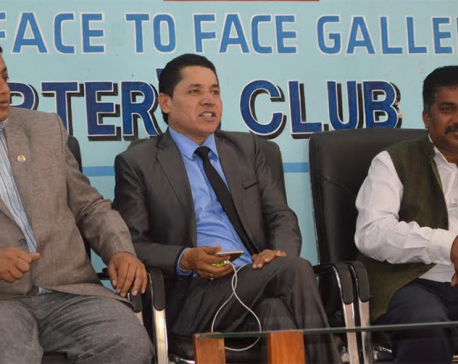
Armies will be deployed during local polls : State Minister Baniya
KATHMANDU, April 5: Minister of State for Home Affairs Indra Bahadur Baniya said that the government has approved and dispatched... Read More...

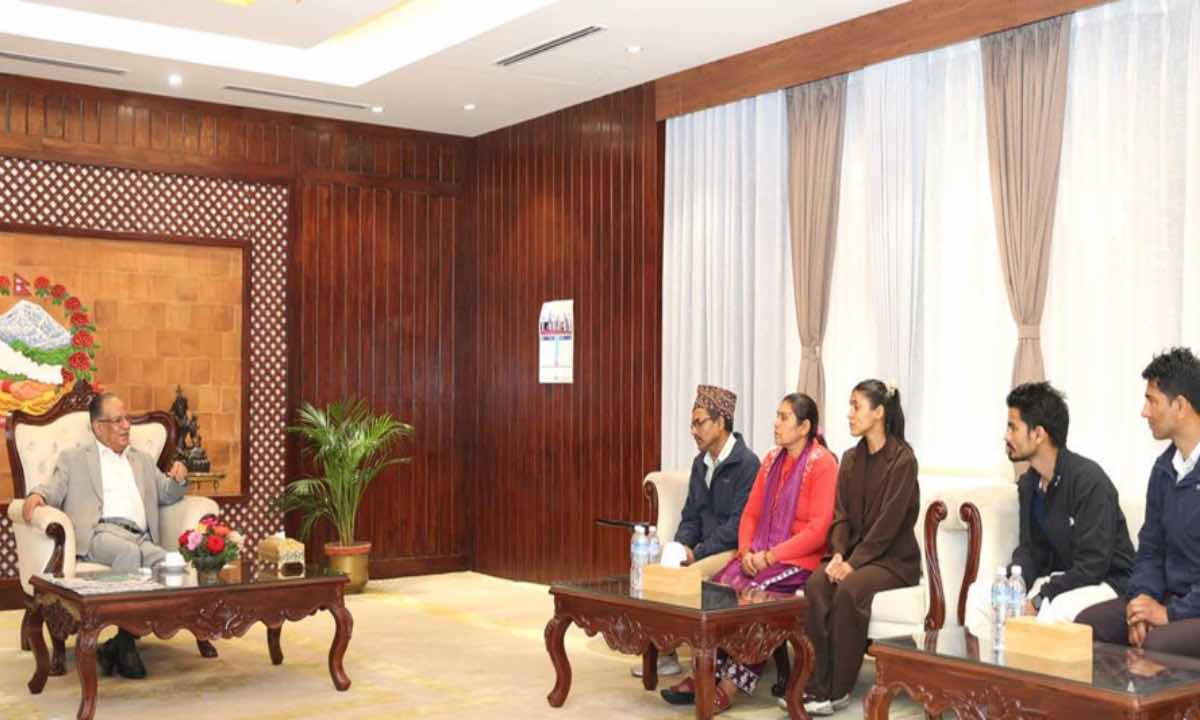
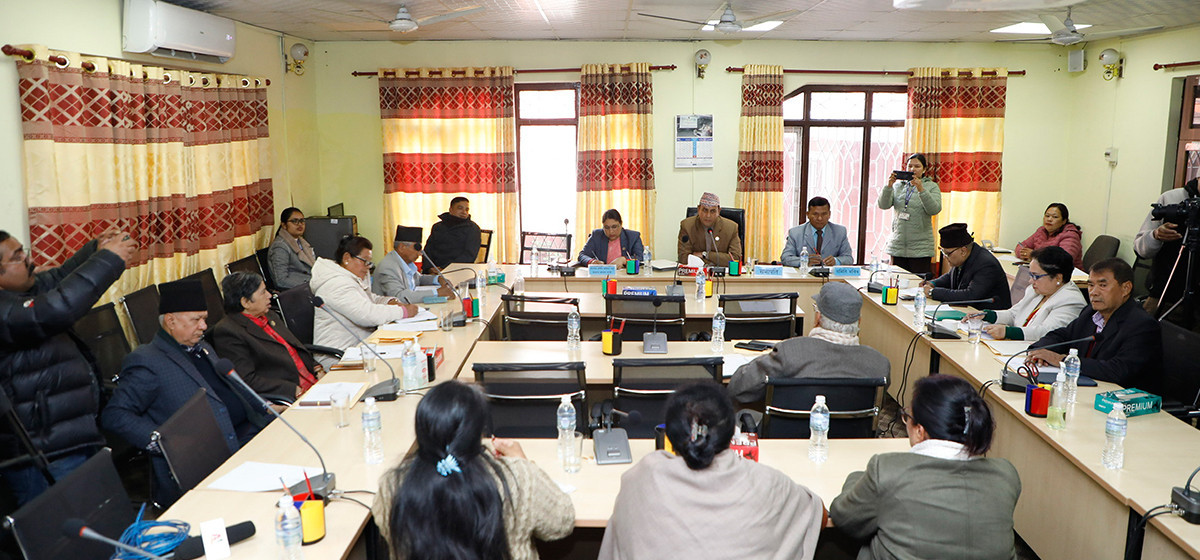

Just In
- Fire destroys wheat crop in Kanchanpur, Kailali
- Bipin Joshi's family meets PM Dahal
- State Affairs and Good Governance Committee meeting today
- Gold items weighing over 1 kg found in Air India aircraft at TIA
- ACC Premier Cup semi-final: Nepal vs UAE
- Sindhupalchowk bus accident update: The dead identified, injured undergoing treatment
- Construction of bailey bridge over Bheri river along Bheri corridor reaches final stage
- Taylor Swift releases ‘The Tortured Poets Department’












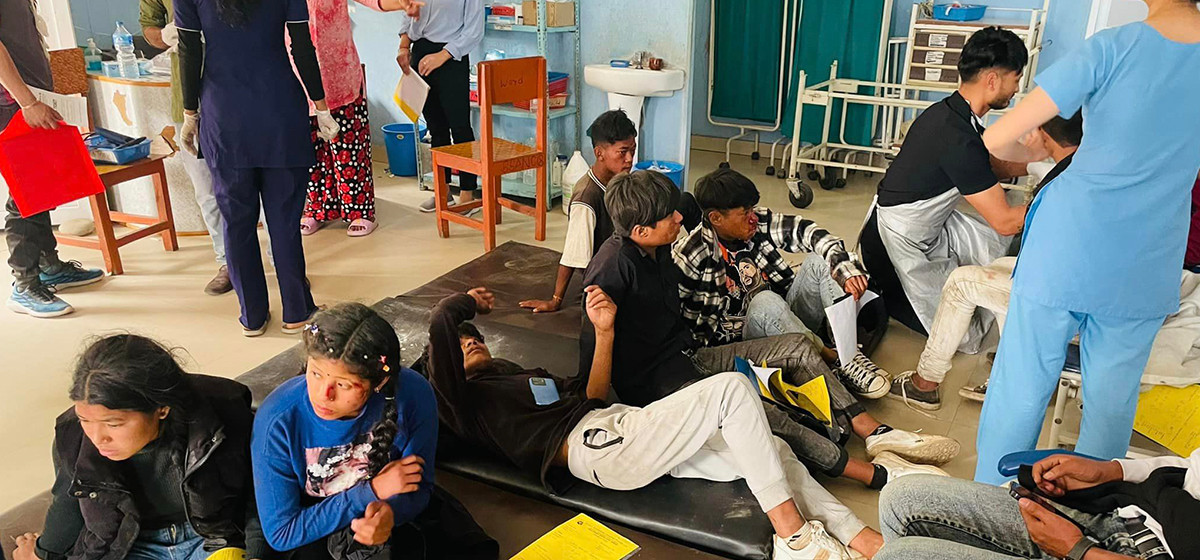
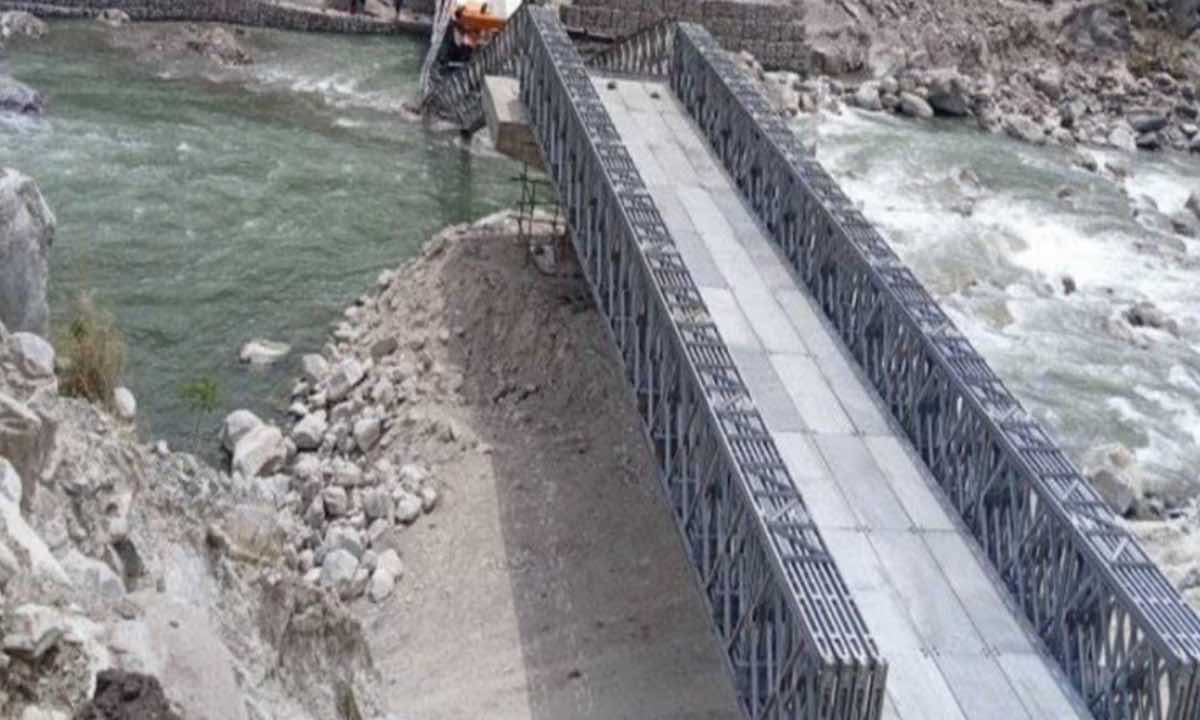

Leave A Comment